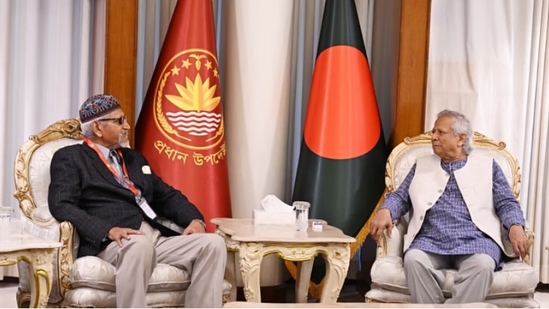Greenland, the world’s largest island, catapulted into an international firestorm when former U.S. President Donald Trump boldly proposed purchasing it in 2019. The audacious idea, which drew fierce criticism and ignited global debate, was swiftly dismissed by its leaders and Denmark, its governing authority. The resilient residents responded with an emphatic message: “Our country is ours, it’s not for sale.”
Despite the uproar, this unusual episode raised critical questions about geopolitics, sovereignty, and the Arctic’s future. Let’s delve into three pivotal questions that this controversy exposed and uncover what they reveal about the island’s growing role in global affairs.
1. Why Was Greenland Considered for Purchase?
The island holds extraordinary geopolitical and economic significance. Positioned in the Arctic, its strategic location has become increasingly valuable as climate change reshapes the region. Melting ice has unveiled lucrative shipping routes and untapped reserves of rare earth minerals, oil, and gas—resources that could redefine the global economy.
The U.S. already operates a key military outpost there—the Thule Air Base—which plays a vital role in missile defense and Arctic operations. For Trump, acquiring the territory was a bold gambit to expand U.S. dominance in the Arctic and secure access to its untapped potential. Likening it to historic land acquisitions like the Louisiana Purchase, he framed the proposition as a strategic, long-term investment for national security and economic supremacy.
However, his cavalier description of the island as “a large real estate deal” underscored a profound misunderstanding of its cultural and political significance, triggering widespread outrage from its residents and Denmark alike.
2. How Did Greenland and Denmark React?
The island’s leadership and citizens wasted no time in denouncing the proposal. Then-Prime Minister Kim Kielsen firmly declared that its sovereignty was non-negotiable, while Danish Prime Minister Mette Frederiksen dismissed the idea as “absurd.”
For the 56,000 resilient inhabitants, Trump’s suggestion was more than an insult—it struck at the heart of their national identity. The phrase “Our country is ours, it’s not for sale” became a rallying cry, embodying their pride and determination to protect their autonomy.
The incident also spotlighted a deeper issue: the perception of smaller nations as pawns in the geopolitical chessboard of larger powers. For the islanders, the proposal was a wake-up call—a reminder of the need to assert their sovereignty and resist external pressures.
3. Could Greenland Ever Be Sold?
While the concept of purchasing Greenland may seem far-fetched, history offers precedents. The U.S. bought Alaska from Russia in 1867 and the U.S. Virgin Islands from Denmark in 1917. However, such transactions are relics of a bygone era.
As a self-governing territory, the island’s future lies firmly in the hands of its people. There is growing momentum for full independence from Denmark, fueled by the desire to harness its vast resources and shape its destiny without external interference.
Any attempt to sell the territory would require the unequivocal consent of its population and adherence to international laws on sovereignty and self-determination. Such a move would likely provoke global condemnation, rendering it politically and diplomatically unfeasible.
Greenland’s Crucial Role in the Arctic
Trump’s controversial proposal underscored the undeniable importance of the Arctic. As climate change transforms the region, the Arctic has become a battleground for geopolitical rivalry among major powers, including the United States, Russia, and China. The island’s strategic position and resource wealth make it a central player in this high-stakes competition.
For the island’s leaders, this newfound attention is both an opportunity and a challenge. While it opens doors to economic growth and global partnerships, it also raises the specter of exploitation and environmental harm. Navigating these complexities while preserving the island’s unique heritage and environment will require visionary leadership and strategic foresight.
Conclusion
Greenland’s unwavering message to Trump’s acquisition proposal remains clear: its land and sovereignty are not commodities for sale. The controversy, while jarring, cast a spotlight on its strategic importance and the intricate challenges it faces in a rapidly changing world.
As the Greenland island charts its course toward a resilient future, it stands as a powerful testament to the enduring values of self-determination and sovereignty. Whether as part of Denmark or an independent nation, its destiny will be written by its courageous people—and its people alone.
Also Read-
1. 10 Lives Lost: Could the Los Angeles Wildfires Have Been Prevented
2. Earth Faces 5 Critical Questions as 2024 Becomes Hottest Year Ever Recorded



















